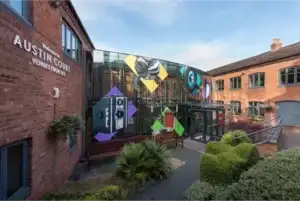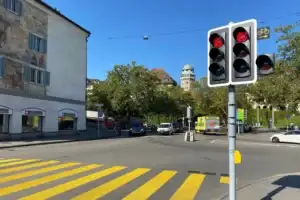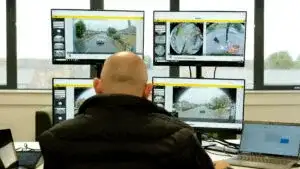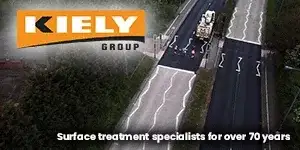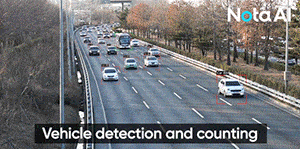The Transport Technology Forum is continuing to develop a project aimed at getting more value from the UK’s network of traffic signal controllers and is readying the first stage of external consultation.
This would, for the first time, set an open and standard way of describing each controller’s specific configuration, ensuring that every signal-controlled site in the country can be uniquely identified and connecting with its specific operational data.
The Digital Controller Interface Specification (DCIS) aims to provide a national unique numeric identifier for road authorities, a convention for uniquely numbering signalised junctions, a JSON schema for describing the features and allowed turning movements, and another schema describing the signal controller configuration in terms of its phasing, staging, timings and other engineering parameters traditionally held in the TOPAS 2500 specification.
“Standardising the identification of signals controllers will mean users will no longer be forced to develop ad hoc solutions, which often ends up with them relying on a paper copy, or pdf, of the data,” explains SPATULA lead, and connected vehicle expert, Andy Graham of White Willow Consulting. “The current system is a barrier to the development and use of potentially beneficial connected vehicle applications like GLOSA.
“We already know moving to a JSON schema would provide benefits to many stakeholders. These include benefits for local authorities in record keeping and maintenance management, with more benefits expected to emerge through consultation. It would help speed up the modelling of junctions, provide much better data for sat nav and signal manufacturers, and allow cross checking of the turns banned in a Digital Traffic Order with the turns banned in a controller.”
A draft of this specification is already available, and the TTF is currently consulting with stakeholders to tease out any issues. The TTF’s UTMC Working Group is leading the consultation. UTMC lead Steve George says: “The SPATULA Working Group has done some great technical work, and we need to make sure that it meets all users’ needs and can be supported by industry. We’re taking this in stages: this first consultation primarily concerns the technical means of providing signal systems with a standardised UK-wide base numbering system for permanent, temporary and portable traffic signalling sites”.
This first consultation process will be administered by LCRIG who will contact UTMC Working Group Members and industry groups such as ARTSM. Engineers wishing to take part in the above consultation should then complete a short feedback document by Friday 10 March. To take part email [email protected].
(Picture – TTF)





